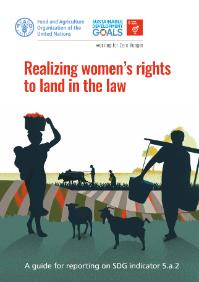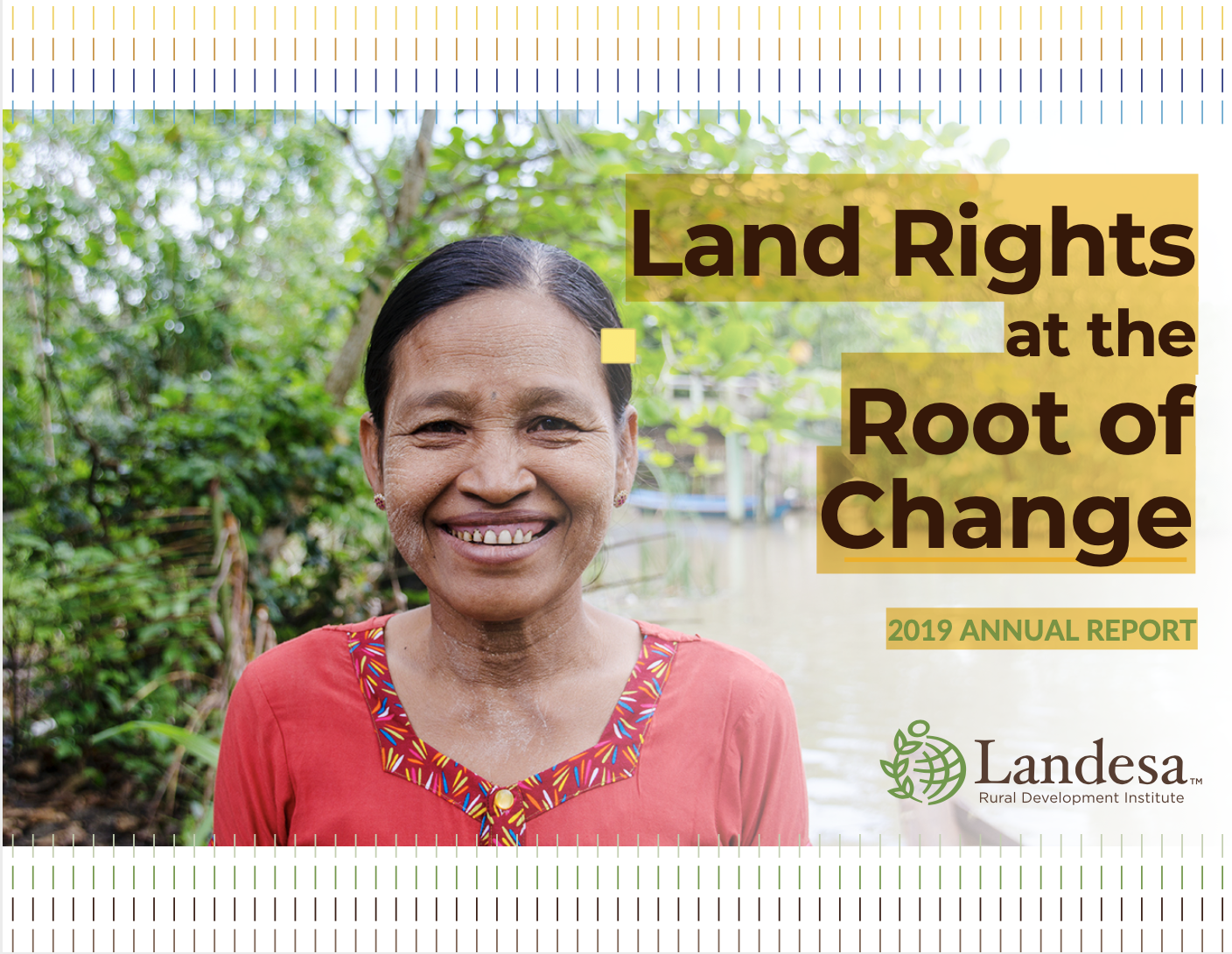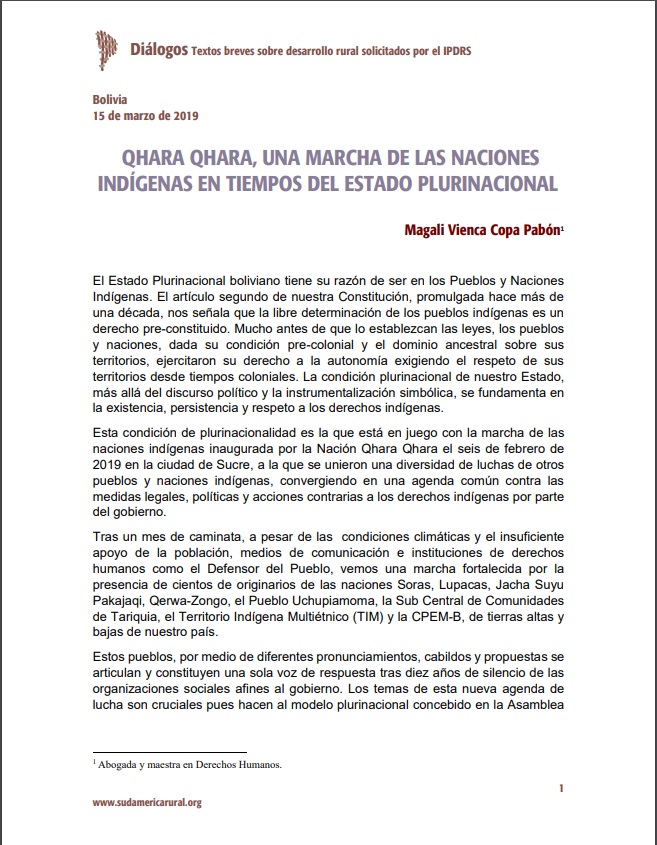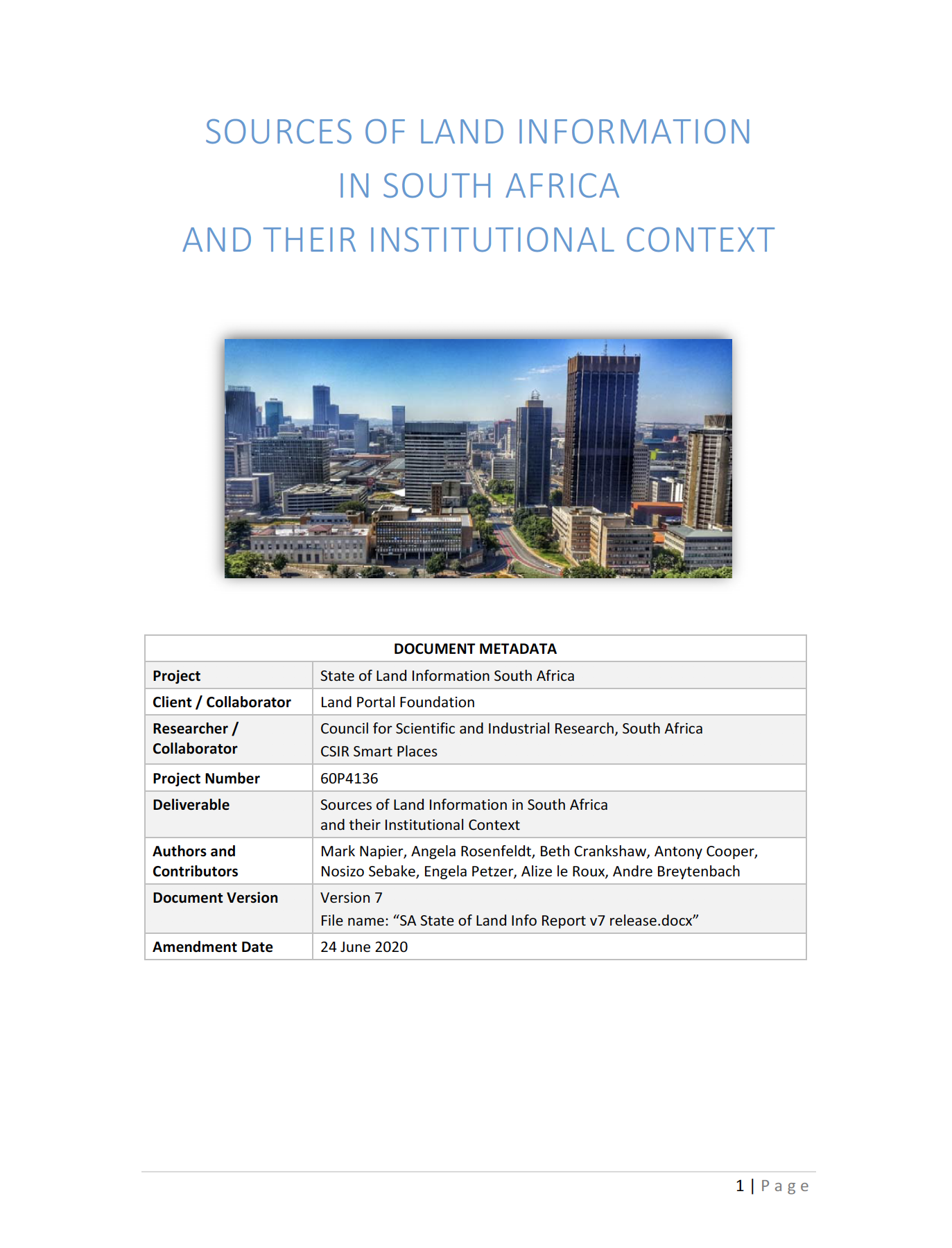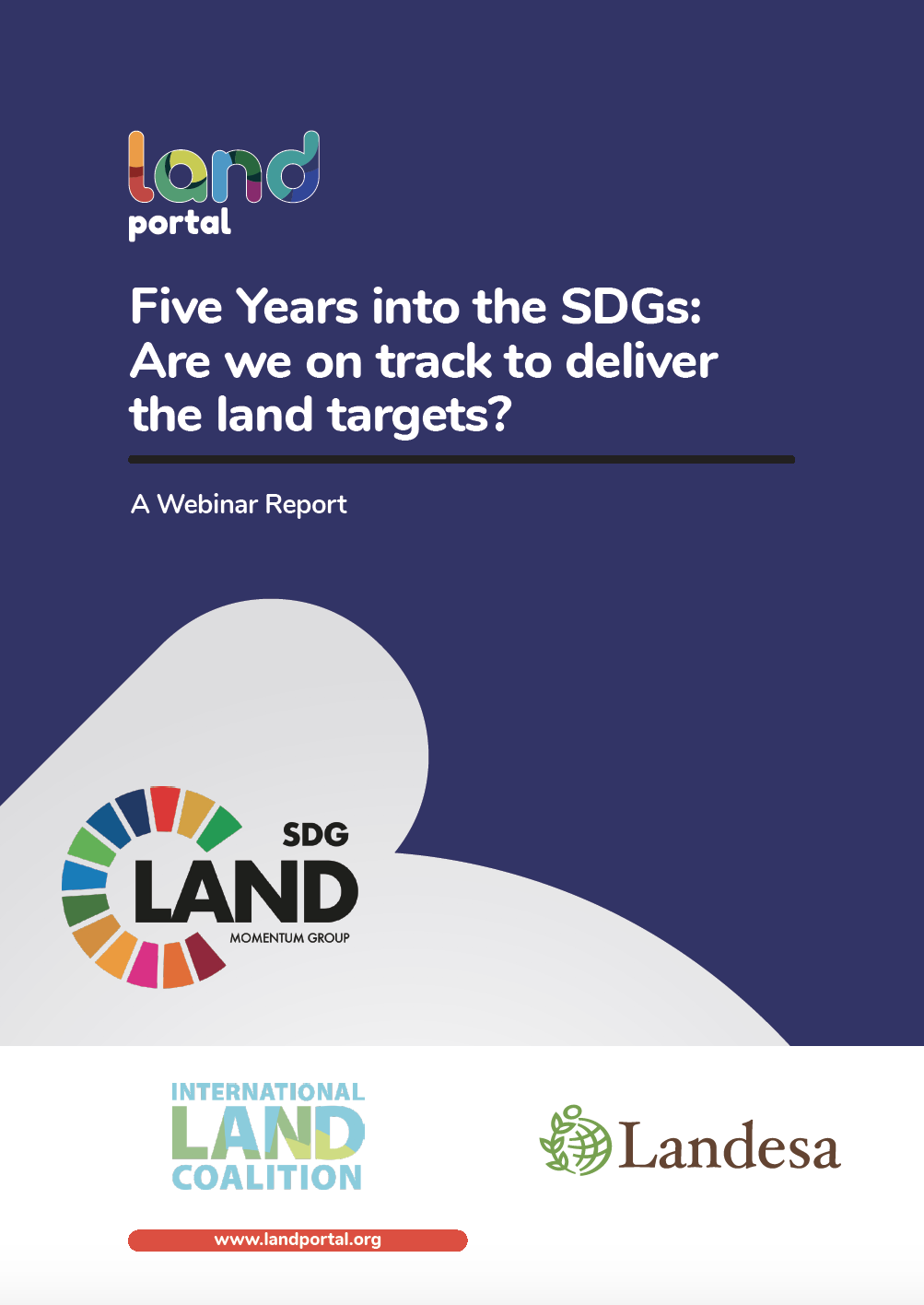Administration of Estates of Persons of Unsound Mind (Procedure) Rules (S.I. 155—1).
These Rules, made under section 15 of the Administration of Estates of Persons of Unsound Mind, concerns the administration of estates of persons of unsound mind by an appointed manager. The Rules make provision with respect applications for administration, security for the administration of an estate, discharge of a manager, forms and fees.
Implements: Administration of Estates of Persons of Unsound Minds Act 1951 (Cap. 155) (2000-12)


